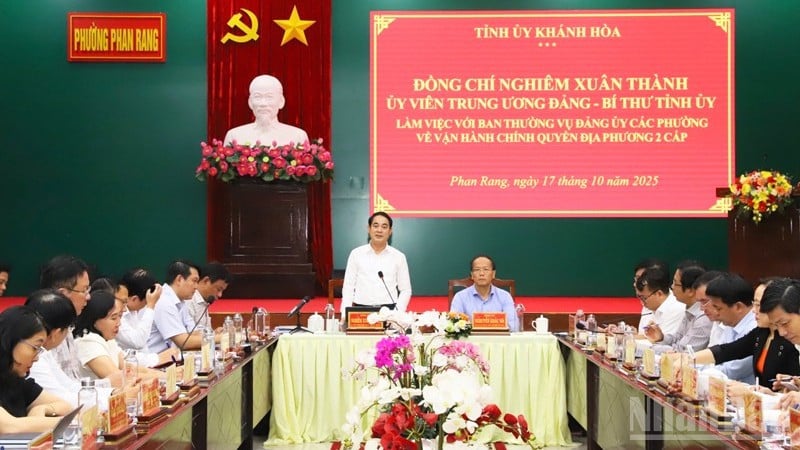
At the working session, the ward leaders briefly reported on the basic implementation of the following contents: Organizing the apparatus, arranging the staff of the agencies; operating the Public Administration Service Center, handling administrative procedures and implementing digital transformation; completing and promulgating regulations on functions, tasks, and working regulations of Party committees, Party organizations, agencies, and units. Deploying assigned tasks according to decentralization and delegation of authority. Fully resolving the regimes and policies for cadres, civil servants, public employees, and workers after the arrangement....
Secretary of the Phan Rang Ward Party Committee, Chau Thi Thanh Ha, said: “Since implementing the two-level local government model (from July 1, 2025 to present), the Ward Party Committee has urgently consolidated, improved, and arranged the organization and personnel, issued the Working Regulations for the 2025-2030 term, and assigned specific tasks to comrades in the Standing Committee and the Executive Committee. After more than 3 months of implementation, the working spirit of the staff, civil servants, and public employees has changed positively, their sense of responsibility, proactiveness, and spirit of serving the people have been significantly improved. Feedback from the people is that administrative procedures have been reformed, technical infrastructure has been invested in centrally, the apparatus has been streamlined and more effective, meeting the requirements of tasks in the new situation.”
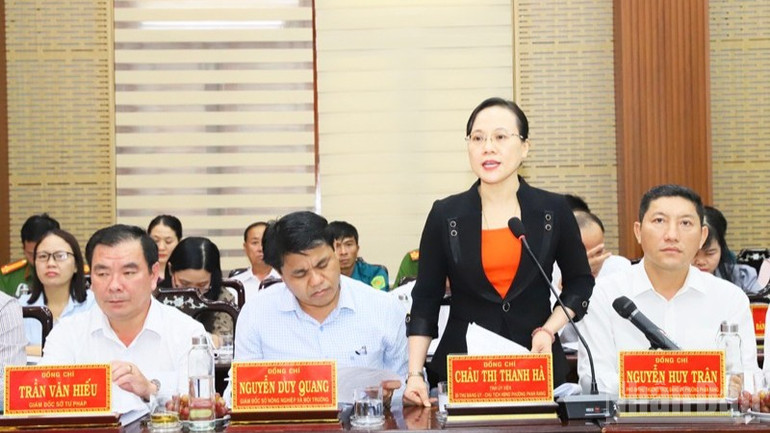
Currently, the initial operations of the political system and the two-level local government apparatus in Khanh Hoa province have stabilized. The work of building a clean and strong Party and political system has had many positive changes, the socio -economy in the wards continues to maintain growth momentum, developing in the direction of innovation, creativity, application of science and technology, promoting digital transformation, urban development, eco-tourism and high-tech agriculture.
However, in reality, some problems have arisen, such as: for the Party bloc, the work of investigating and verifying the political background of cadres and party members sometimes takes a lot of time, thus affecting the results of internal political protection work in cases of personnel planning, appointment, transfer and rotation of cadres.
As for the government sector, the number of civil servants and public employees is still insufficient compared to the actual workload. Some positions hold multiple tasks, leading to pressure, affecting the quality and progress of administrative records processing. Many tasks at the provincial, district and city levels were previously performed by a specialized staff department, but now, they are only assigned to one department, or even to a staff officer, leading to overload and affecting the quality and efficiency of work.
Currently, wards are lacking specialized civil servants in the fields of education and health. Some specialized positions are vacant or temporarily arranged, causing difficulties in consulting and synthesizing. The volume of administrative and civil work is increasing, while the staff directly receiving and handling procedures at the "one-stop shop" is still thin, causing pressure on specialized departments and reducing flexibility in serving the people.
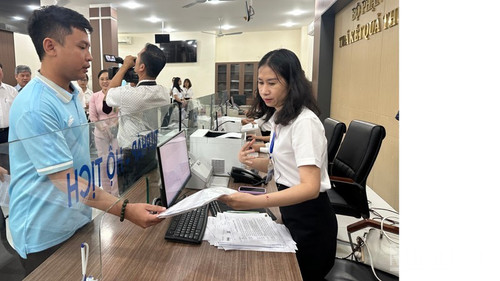
Some new tasks arising under the urban government mechanism, digital transformation, statistical work, electronic reporting, etc. have not been assigned to specialized staff, leading to confusion and overlap between departments.
Accordingly, the Standing Committee of the Party Committees of the wards proposed and recommended that superiors ensure adequate staffing according to regulations; decentralize the rotation of cadres within the ward to localities; direct the acceleration of internal political protection work; support funding for paying teachers' overtime wages to ensure teaching 2 sessions/day; transfer the land registration office to the commune level; pay attention to developing digital infrastructure;...
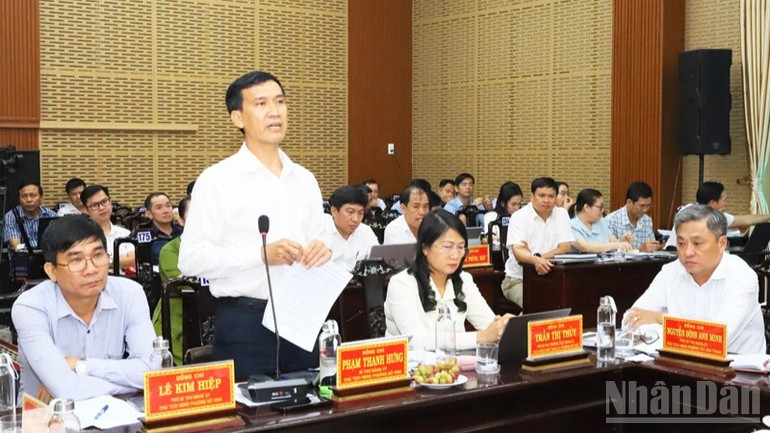
Secretary of the Party Committee of Do Vinh Ward, Pham Van Hung, shared: The working headquarters of the Party Committee - Front of the ward was built in 2001, now it has degraded, lacks working rooms, and does not have enough space for the units. Some working rooms of cadres and civil servants are still cramped. Auxiliary works such as parking lots and restrooms for the people are still lacking. Many necessary equipment such as computers, printers, and photocopiers that have been received are of poor quality, not meeting the work requirements in the new situation, hoping the province will soon invest.
Speaking at the meeting, Secretary of the Provincial Party Committee Nghiem Xuan Thanh acknowledged and commended the efforts of localities in operating the political system and the two-level local government apparatus in the past time; shared the difficulties that localities are facing; and suggested some solutions to remove and overcome them. At the same time, he requested the Provincial People's Committee, relevant departments, branches and sectors to synthesize and record recommendations and proposals to advise the province to study and have appropriate solutions.
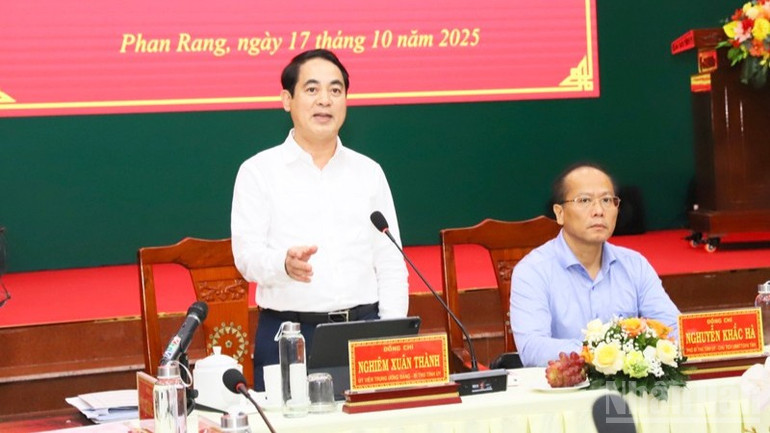
Along with that, the Khanh Hoa Provincial Party Secretary also requested localities to focus on reviewing and rearranging Party and government officials in accordance with job positions, qualifications and capacity of officials, in the direction of optimal and most effective use of the existing number of officials. Proactively organize training courses and specialized training to improve the professional qualifications of officials, civil servants and public employees, to meet the requirements of the task. Urgently supplement enough officials in key areas related to serving people and businesses before November 15; deploy recruitment of personnel in the fields of information technology and land; regulate optimal staffing from the province to the locality and between localities.
In the coming time, the province will soon study and implement a mechanism for requisitioning personnel, allocating staff to localities, decentralizing cadre management to the commune level; develop a plan for managing and using public assets; review and effectively use existing facilities; pay attention to allocating funds to carry out planning work, unfinished transitional projects; invest in machinery systems, information infrastructure for localities...
Source: https://nhandan.vn/khanh-hoa-som-co-giai-phap-van-hanh-hieu-qua-hoat-dong-cua-he-thong-chinh-tri-va-bo-may-chinh-quyen-dia-phuong-2-cap-post916184.html




![[Photo] Closing ceremony of the 18th Congress of Hanoi Party Committee](https://vphoto.vietnam.vn/thumb/1200x675/vietnam/resource/IMAGE/2025/10/17/1760704850107_ndo_br_1-jpg.webp)



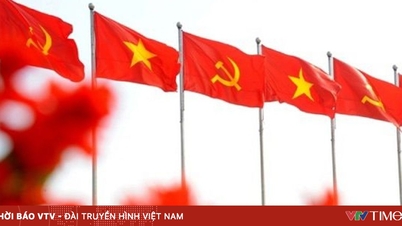

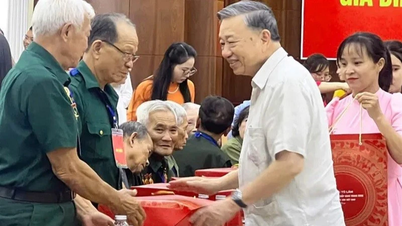
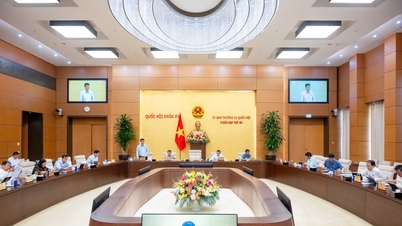

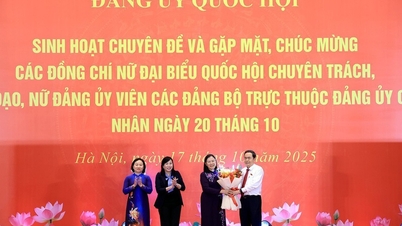








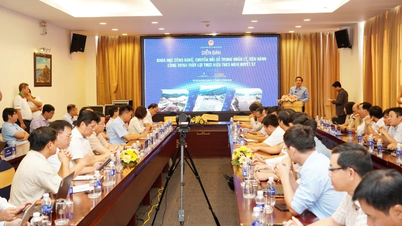
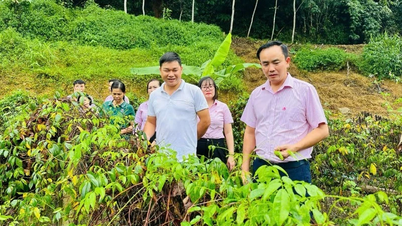
![[Video] From the 2026-2027 school year, a set of shared textbooks will be deployed](https://vphoto.vietnam.vn/thumb/402x226/vietnam/resource/IMAGE/2025/10/18/1760745668900_720-jpg.webp)
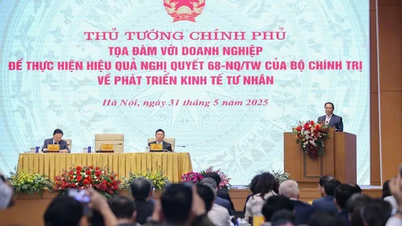
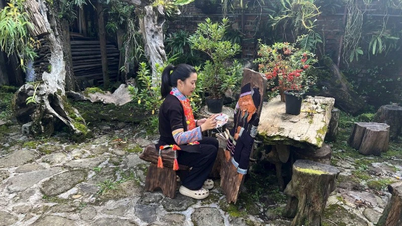
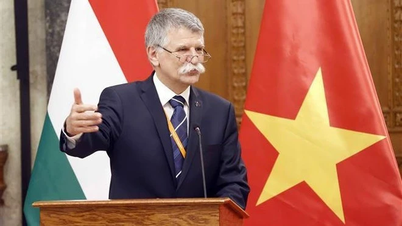
![[Photo] Nhan Dan Newspaper launches “Fatherland in the Heart: The Concert Film”](https://vphoto.vietnam.vn/thumb/1200x675/vietnam/resource/IMAGE/2025/10/16/1760622132545_thiet-ke-chua-co-ten-36-png.webp)






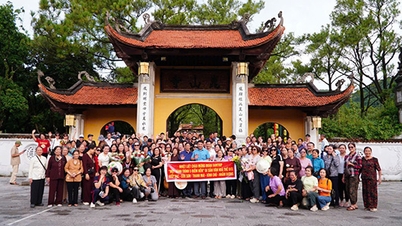











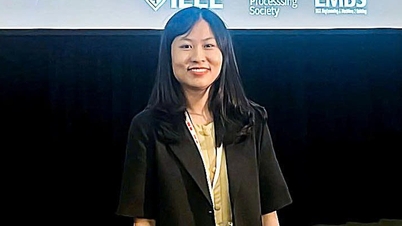






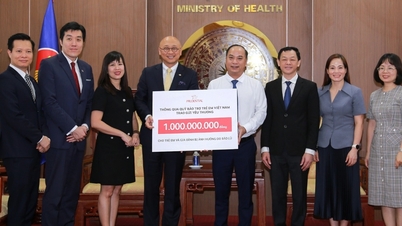
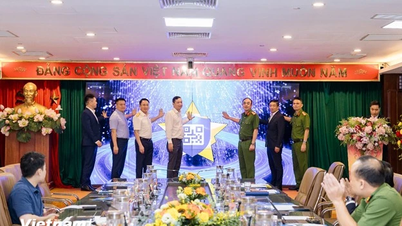
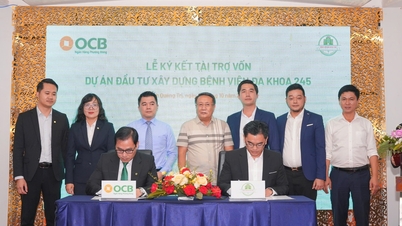








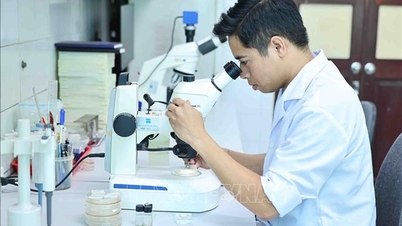

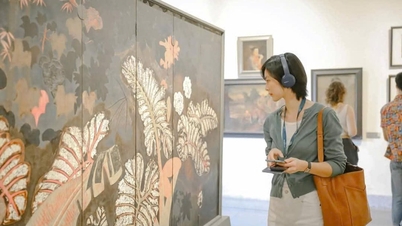
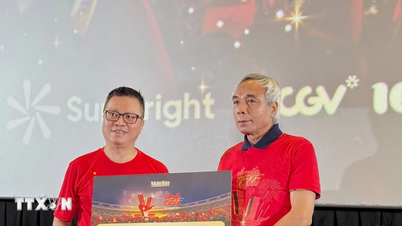


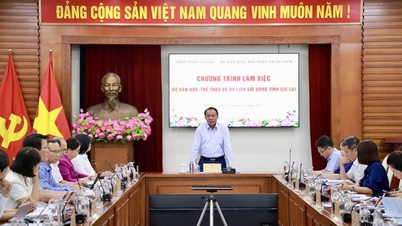
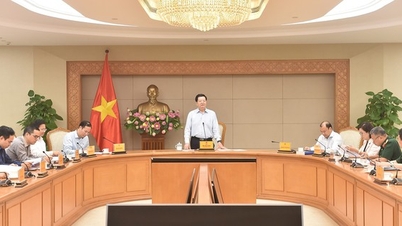
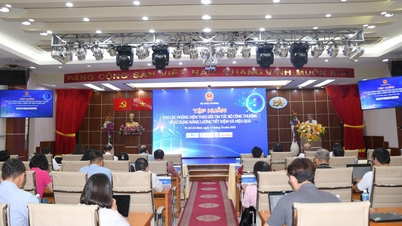

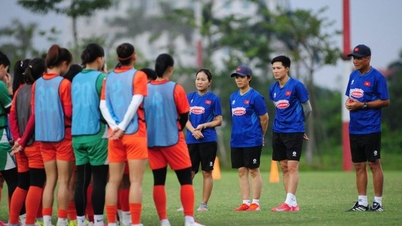
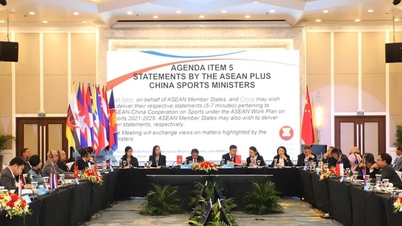
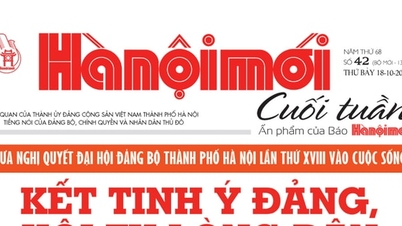




















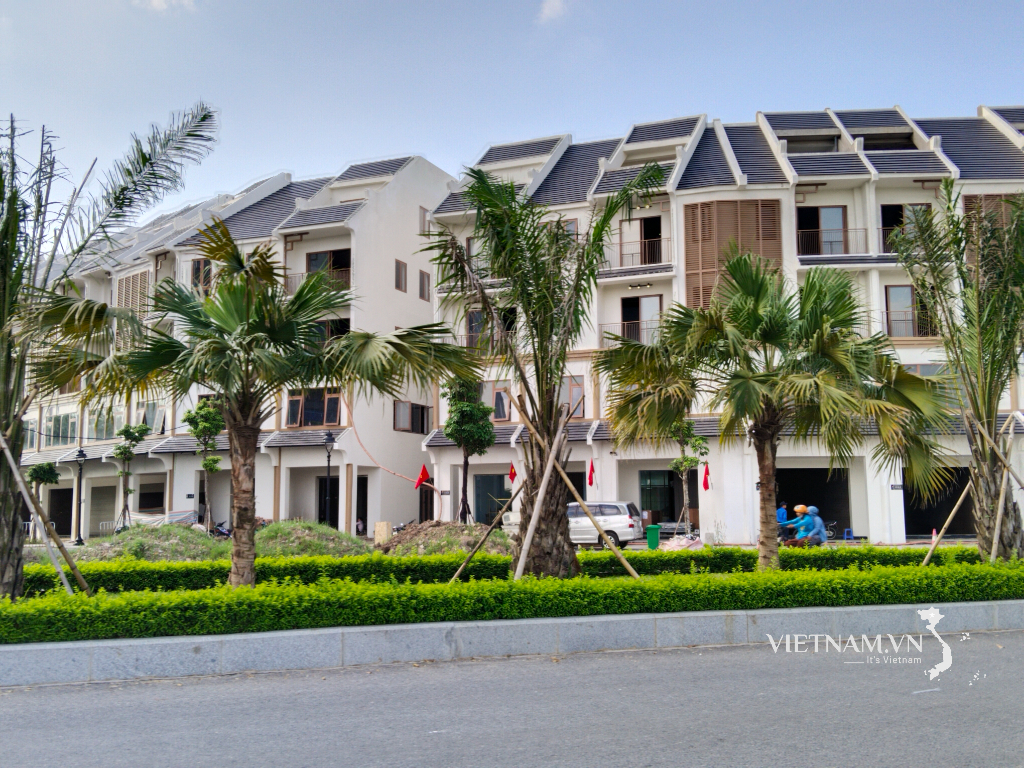

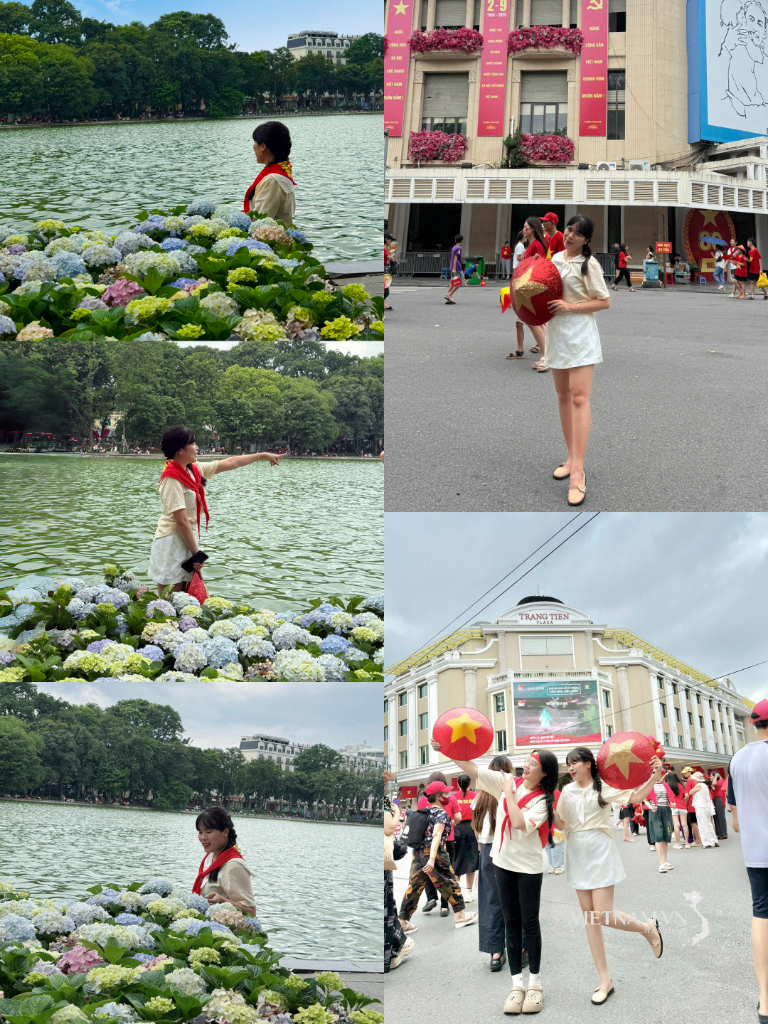
Comment (0)